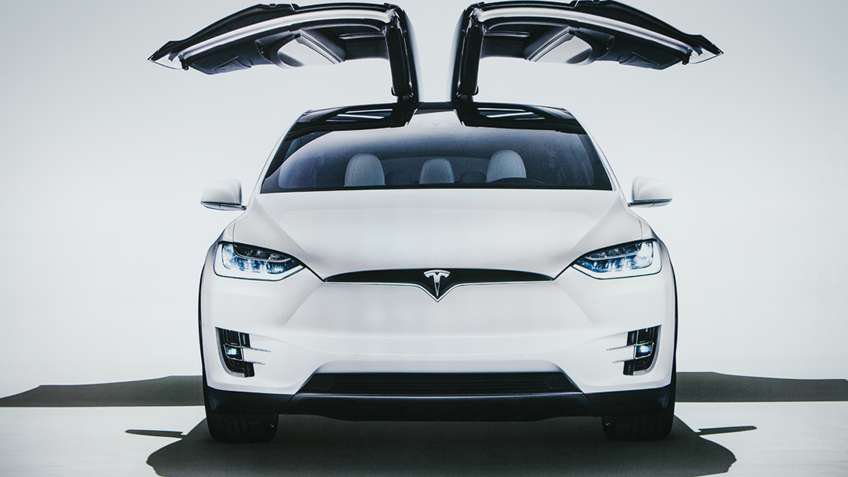By Bill Sarver, senior industry consultant for Global Automotive and Tire, Rockwell Automation
Get ready for an influx of electric vehicles — on the road, on the manufacturing floor and maybe even in your driveway. Demand is growing at an unprecedented rate. In fact, sales of electric vehicles are projected to represent more than half of all global, light-duty vehicles sales by 2040.
Why? Lower battery prices play a significant role. Batteries make up a third of the cost of an electric vehicle, so as the cost of batteries decreases, the overall vehicle cost does too, stimulating increased demand.
This growth represents a tremendous opportunity for automotive battery manufacturers — but only if they’re in position to take advantage of it.
Many manufacturers have been getting by with disparate and disconnected information systems running in the enterprise and across their facilities, but that simply won’t cut it for much longer. What has been a low-volume industry to date is poised to explode, with an exponential demand curve.
In addition, as battery manufacturers build greenfield, giga-scale production plants to meet demand, they’re challenged to build for growth from the start.
The entire enterprise needs to be connected. If you’re a battery maker, you need to automate your systems now to keep up with demand, grow your business and achieve a key part of the Industry 4.0 (smart manufacturing) strategy.
Rapid Growth and Evolution
The inherent challenge of meeting demand in battery production for electric vehicles isn’t simply about the volume of vehicles. It’s also about the volume of batteries needed to power each vehicle and the rapid evolution of battery technology. Both factors create a large and diverse set of production needs.

